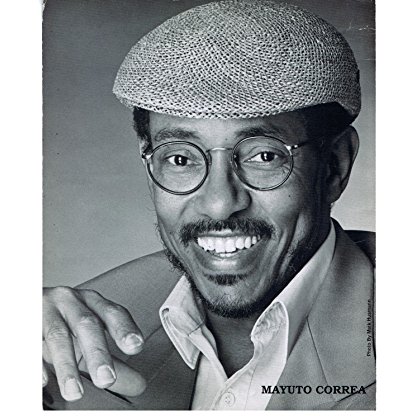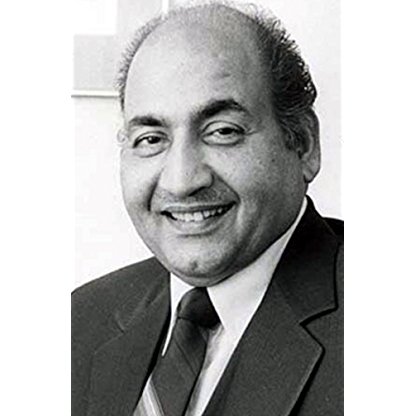Awards and nominations:
Over the course of his career, Bernstein won an Academy Award, an Emmy Award, and two Golden Globe Awards. In addition, he was nominated for the Tony Award three times and a Grammy Award five times.
He received 14 Academy Award nominations and was nominated at least once per decade from the 1950s until the 2000s, but his only win was for Thoroughly Modern Millie for Best Original Music Score. Bernstein was recognized by the Hollywood Foreign Press Association with Golden Globes for his scores for To Kill a Mockingbird and Hawaii. In 1963, he won the Emmy for Excellence in Television for his score of the documentary The Making of The President 1960. He is the recipient of Western Heritage Awards for The Magnificent Seven (1960) and The Hallelujah Trail (1965).
He received five Grammy Award nominations from the National Academy of Recording Arts and Sciences and garnered two Tony Award nominations for the Broadway musicals How Now Dow Jones and Merlin.
Additional honors included Lifetime achievement awards from the Academy of Motion Picture Arts and Sciences, American Society of Composers, Authors and Publishers (ASCAP), the Society for the Preservation of Film Music, the USA, Woodstock, Santa Barbara, Newport Beach and Flanders International Film Festivals and the Foundation for a Creative America.
In 1996, Bernstein was honored with a star on Hollywood Boulevard. In 1999, he received an Honorary Doctorate of Music from Five Towns College in New York City and was honored by the American Film Institute in Los Angeles. Bernstein again was honored by ASCAP with its marquee Founders Award in 2001 and with the NARAS Governors Award in June 2004.
His scores for The Magnificent Seven and To Kill a Mockingbird were ranked by the American Film Institute as the eighth and seventeenth greatest American film scores of all time, respectively, on the list of AFI's 100 Years of Film Scores. Bernstein, Bernard Herrmann, Max Steiner, and Jerry Goldsmith are the only composers to have two scores listed, and are therefore in second place for the most scores on the list, behind John Williams, who has three. Other Bernstein film scores nominated for the list are as follows:









